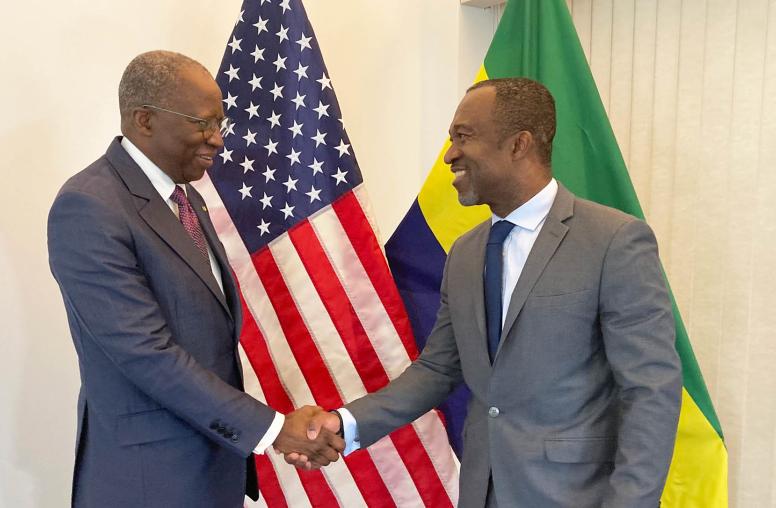The Ripple Effect: The Case for a New American Approach to Multilateralism
With the continued rise of middle powers and changing dynamics within multilateral institutions, the United States now finds itself in a new strategic environment, one defined by a global diffusion of power. Emerging powers show increasing agency and influence in geopolitical conflicts and challenges. A new report from Georgetown University’s Institute for the Study of Diplomacy, “The Ripple Effect: A U.S. Diplomatic Strategy for a Changing World Order,” outlines the imperative for the United States to better leverage its diplomatic toolkit to advance U.S. interests and global security.
On December 12, USIP and Georgetown University’s Institute for the Study of Diplomacy hosted a discussion on how American diplomacy can effectively engage in an evolving multilateral system.
Speakers
Ambassador Barbara Bodine, welcoming remarks
Director and Distinguished Professor, Institute for the Study of Diplomacy, Georgetown University
Mona Yacoubian, moderator
Vice President, Middle East and North Africa Center, U.S. Institute of Peace
Chester A. Crocker
James R. Schlesinger Distinguished Fellow of Strategic Studies, Institute for the Study of Diplomacy, Georgetown University
Dhruva Jaishankar
Executive Director, Observer Research Foundation America


